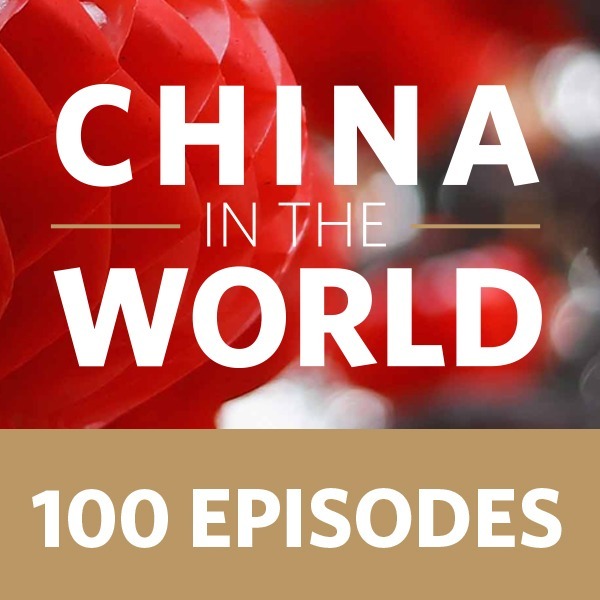Will North Korea Take a “New Path” in 2020?


At the beginning of 2019, Paul Haenle and Tong Zhao, Carnegie–Tsinghua Center Senior Fellow, discussed the outlook for denuclearization on the Korean Peninsula on the China in the World podcast. As 2019 draws to a close, Haenle and Zhao sat down again to analyze developments involving North Korea, the United States, and China over the past year and discuss Kim Jong-un’s end of year deadline for the United States to change its approach to denuclearization negotiations.
Zhao pointed to Trump and Kim’s failure to reach an agreement at the Hanoi Summit as the biggest surprise in developments relating to diplomacy on the Korean Peninsula in 2019. In the wake of the summit and following a series of unproductive working-level talks, Kim is ramping up pressure on the United States to extract concessions, Zhao said. Pyongyang only wants a limited agreement from Washington that would see the relaxation of the most stringent United Nations Security Council sanctions in return for some controls on North Korea’s nuclear program. Zhao argued the United States and the international community no longer have the coercive ability to force North Korea to take significant actions that would circumscribe its nuclear program. As we approach North Korea’s end of year deadline, Zhao said he is uncertain to what extent Pyongyang will ratchet up tensions if a deal cannot be reached. However, he noted that Kim is increasingly adept at ensuring provactive actions such as missile tests do not irritate Russia or China, while applying greater pressure on the United States. North Korea increasingly views Trump as a paper tiger, Zhao said. Facing domestic pressures and unwilling to go to war, many in Pyongyang believe Trump will eventually lower his demands and agree to a lesser deal.
